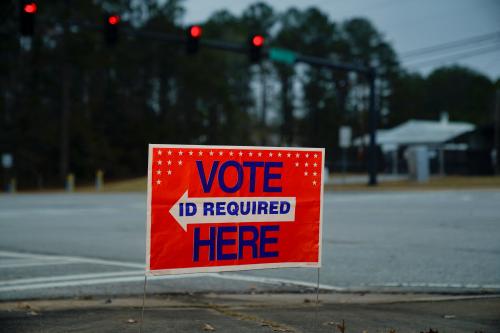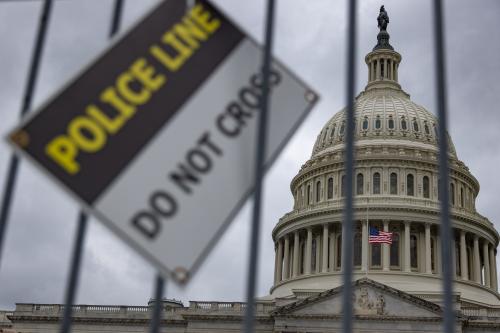Stephen Cohen joined Tariq Ali to answer questions from readers of the Financial Times online. Following are excerpts from the online chat.
Will the elections reflect the true will of the people? Also, how important is Musharraf – the person himself and not Pakistan – to the US. Is the US currently looking at him as a threat or a friend?
Raghavendra Jagtap, Minneapolis
Tariq Ali: Very few people in Pakistan believe that the elections will be fair. The interim government is packed with Musharraf cronies, the Election Commission likewise. The only question is whether the results will be cleverly or crudely rigged.
If the latter there could be trouble on the streets. I think Washington has mixed feelings about Musharraf, but with the killing of Benazir Bhutto, the choices are limited. Certainly he is not regarded as a threat. He made Pakistan’s military and air force bases and the country’s air space available after 9/11, helped the US to take Kabul painlessly and suffered three attempts on his own life as a result.
Stephen Cohen: I’ll take on the second part of this question. Musharraf’s importance is critical from the perspective of a few key US leaders, who probably exaggerated his competence and his “sincerity” as an ally against radical Islamic terrorism. I’d say that more Americans now see him as a liability, and this begins with the US military who have encountered Pakistan-based Taliban. On the US left there is a vague commitment to democracy, but no one believes that the US can force Pakistan to hold free elections. Even if it wanted to, the bureaucracy is so used to fixing them that this will not happen. At best I see Musharraf being eased out by a combination of the Pakistan army, which must find him now to be an embarrassment, and foreign supporters, including the US but certainly China and the Europeans who realise that Pakistan must have coherent and effective leadership to tackle its many problems, not least of which is the growing violence in the society.
………………………………………………………………………………………………………
The Economist magazine in its January issue labelled Pakistan not only the most dangerous country in the world but also a failed state and aired worries that nuclear weapons could fall into the hands of the terrorists. What is your view?
Yash Bhatt, London
Tariq Ali: I think it is a dysfunctional state rather than a failed one, but the notion of jihadi terrorists capturing the nuclear facility is nonsense. They would have to capture the Pakistan army first. This consists of half a million men. The nuclear facility is the most heavily guarded place in the country. A handful of senior officers know the codes. So its safe. And its worth repeating that except for a short period following the break-up of the country in 1971, the command structure of the army has never been broken. Even in 1971, the generals responsible for the debacle were asked politely to resign, which they did. Jihadis could only capture the nuclear facility if the army wanted them to and there is no likelihood of that at the moment.
Stephen Cohen: I can provide a gloss on Tariq Ali’s answer – I’ve looked at the question of failure closely in my recent book on Pakistan and concluded that it had failed in pieces, but not comprehensively, as had Afghanistan (which was in some ways a murdered, not a failed state) and several African states, which are hardly states in any sense of the word. Yet, the nuclear assets are perhaps still vulnerable, one scenario for Pakistan would be a falling out among the military, or perhaps a politician trying to divide the military – in these cases, short of total state failure, nuclear assets could be important in a power struggle, and who knows what would happen to them. This is, of course, a distant possibility, and Ali is correct in emphasising the unity of the armed forces. However, there’s a lot of concern that under stress unpredictable things could happen, and Pakistan’s earlier record as the wholesaler of nuclear technology to other states does not inspire confidence.
Tariq Ali: Cohen is right to say that a split in the army could have catastrophic results, but this is unlikely unless the US decided to invade and occupy the country. That would split the army but it is as long a shot as jihadis capturing the nuclear weapons. True that Pakistan sold nuclear technology in the world market on the assumption that everything was now for sale. They weren’t alone. Yeltsin’s Russia did the same.
Stephen Cohen: The fact that we are even talking about this is comforting to me in a perverse sense: the last sentence of my Idea of Pakistan stated that Pakistan could, soon, become America’s worst foreign policy nightmare – I’m not pleased to have anticipated this catastrophe.



Commentary
What Impact Will Pakistan’s Elections Have?
February 13, 2008